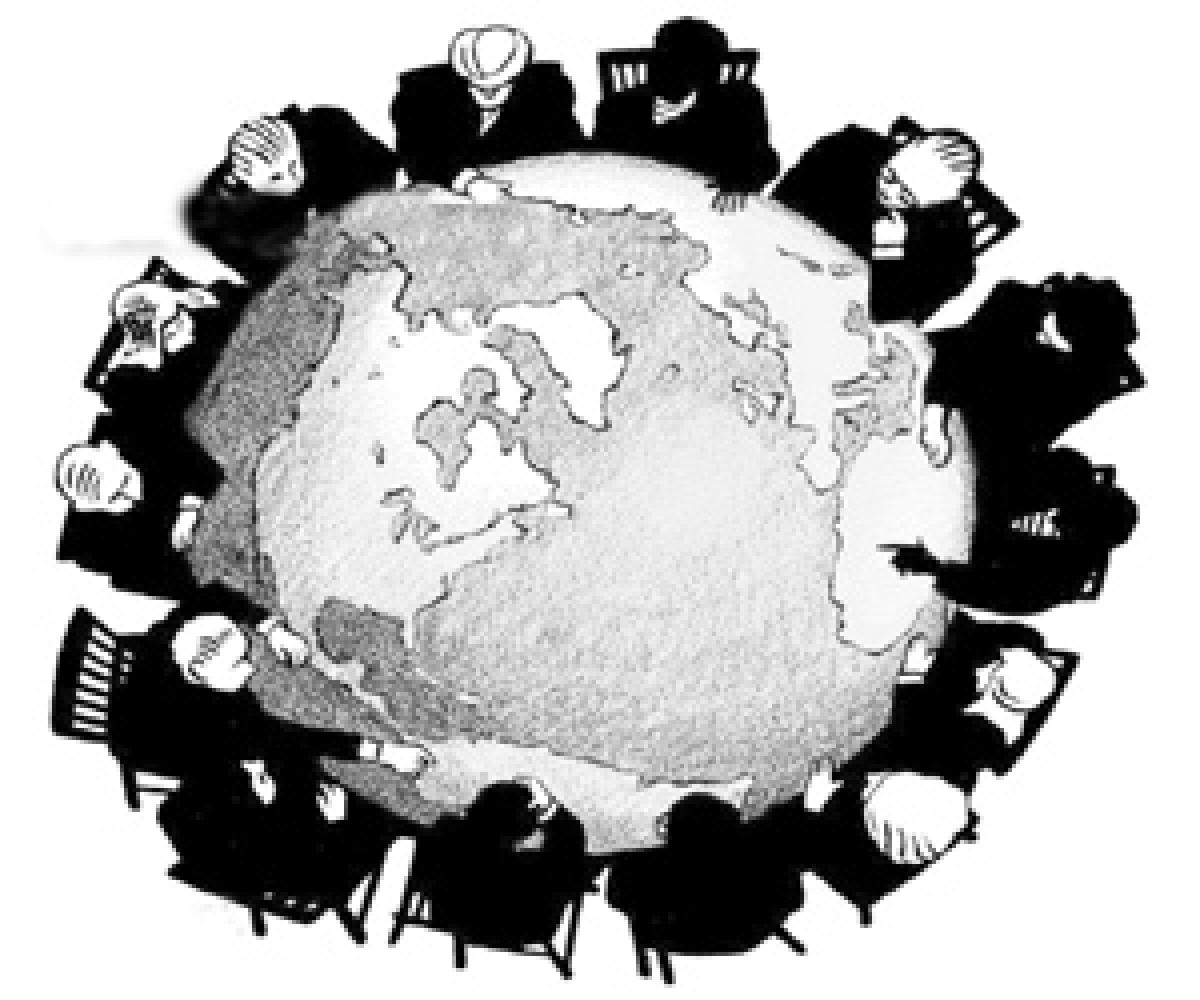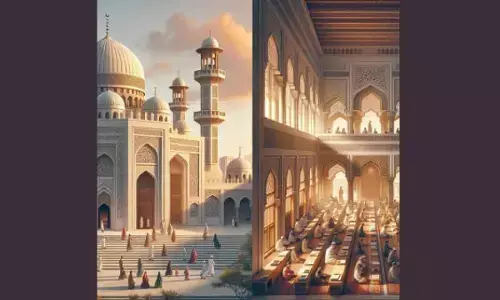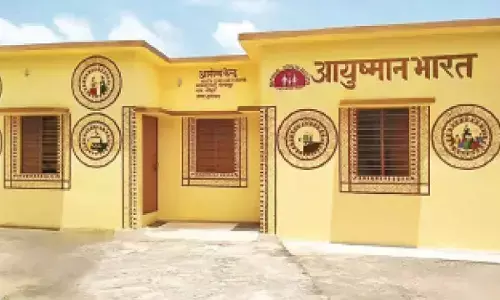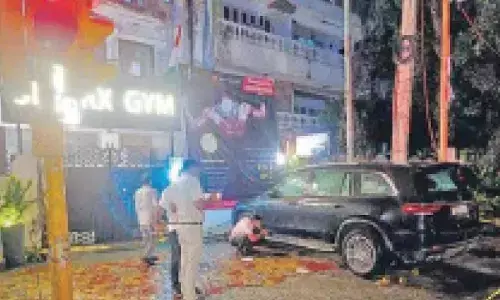International organisations Part II

There are a lot of international organisations whose major motto is to help set the international agenda, mediating political bargaining, providing place for political initiatives and acting as catalysts for coalition- formation. International organisations also define the salient issues and decide which issues can be grouped together, thus help governmental priority determination or other governm
There are a lot of international organisations whose major motto is to help set the international agenda, mediating political bargaining, providing place for political initiatives and acting as catalysts for coalition- formation. International organisations also define the salient issues and decide which issues can be grouped together, thus help governmental priority determination or other governmental arrangements.
Andean Community
The Andean Community (CAN) which was previously known as Andean Pact until year 1996 is a Custom Union body of South American Countries of Bolivia, Colombia, Ecuador, and Peru. The trade bloc has come into existence in year 1969 with Cartagena Agreement.
CAN has 98 million inhabitants living in an area of 4,700,000 square kilometres, whose Gross Domestic Product (GDP) amounted to US $ 745.3 billion in 2005, including Venezuela, who was a member at that time. Its estimated GDP PPP for 2011 amounts to US $ 902.86 billion, excluding Venezuela.
CAN and India
India and CAN established a Political Dialogue and Cooperation Mechanism in June 2003. The main purpose of the dialogue is to strengthen and diversity their friendship understanding and cooperation and developing mutual trade and investment relations and cultural and scientific exchanges.
Minister of State of External Affairs in 2003 Shashi Taroor, during his official visit to Peru met CAN Secretary General Freddy Ehlers, the then Chair Pro Tempore (Peru) of CAN and the Andean Ambassadors accredited to Lima on 21 January 2010. And expressed CAN Secretary General Freddy Ehlers, the then Chair Pro Tempore (Peru) of CAN and the Andean Ambassadors accredited to Lima on 21 January 2010.
Tharoor expressed India’s interest in strengthening political and economic relations and cooperation with the Andean Community. The CAN Secretary General wished to cooperate in the fields of environment, energy and food security, rural development and science and technology.
Arab League
The Arab League, formally the League of Arab States is a regional organisation of Arab countries in and around North Africa, the Horn of Africa and Arabia. It was formed in Cairo on 22 March 1945 with six members: Kingdom of Egypt, Kingdom of Iraq, Transjordan (renamed Jordan in 1949), Lebanon, Saudi Arabia, and Syria.
Yemen joined as a member on 5 May 1945. Currently, the League has 22 members, but Syria's participation has been suspended since November 2011, as a consequence of government repression during the Syrian Civil War.
The League's main goal is to "draw closer the relations between member States and co-ordinate collaboration between them, to safeguard their independence and sovereignty, and to consider in a general way the affairs and interests of the Arab countries".
Each member state has one vote in the League Council, and decisions are binding only for those states that have voted for them. This will be the first ever ministerial meeting between India and the League of Arab States Foreign Ministers took place in Manama, Bahrain in January 2016.
India and Arab Countries
The relationship between India and the Arab countries has already been made strategic with the India-Arab Partnership Conference, four meetings of which have already been held with New Delhi hosting the last one in 2014.
Emerging areas of cooperation between India and the Arab countries include agriculture, dry land farming, environment protection, information and communication technology (ICT), automobiles, small and medium enterprises (SMEs), biotechnology and space.
Sixty per cent of India's oil and gas comes from West Asia which is an important pillar of the country's energy security. The Maghreb region provides phosphates and fertilisers for India's agricultural sector.
Mekong Ganga Cooperation
The Mekong–Ganga Cooperation (MGC) was established on November 10, 2000 at Vientiane at the First MGC Ministerial Meeting. The organisation takes its name from the Ganga and the Mekong, two large rivers in the region.
It comprises six member countries -India, Thailand, Myanmar, Cambodia, Laos and Vietnam-. They emphasised four areas of cooperation, which are tourism, culture, education, and transportation linkage in order to be solid foundation for future trade and investment cooperation in the region.
The working mechanism for MGC consists of the Annual Ministerial Meeting (back to back with ASEAN Ministerial Meeting), the Senior Official’s Meeting, and the five Working Groups namely;
- Working Group on Tourism (Thailand is the lead country)
- Working Group on Education (HRD) (India is the lead country)
- Working Group on Culture (Cambodia is the lead country)
- Working Group on Communication & Transportation (Laos PDR is the lead country)
- Working Group on Plan of Actions (Vietnam is the lead country)
India and Mekong–Ganga Cooperation
Sixth Mekong–Ganga Cooperation meeting was held in New Delhi in 2012. Mekong-Ganga cooperation is in the broad interest of the Mekong river en countries. It was an extension of India's look east policy now the Act East policy. ASEAN diplomats demanded India to revamp their foreign policy towards South East Asia.
India and Cambodia on 16 September 2015 signed two MoUs on Tourism and Mekong-Ganga Cooperation Initiative. The MoUs were signed in the presence of Indian Vice-President Hamid Ansari and Cambodian Prime Minister Hun Sen at the Peace Palace in Phnom Penh.
The MoU on Mekong-Ganga relates to five ‘quick impact projects’ undertaken by India and these are:
- 50000 US dollars grant to Cambodia for the upgradation of an Entrepreneurship Development Centre in existence since 2004
- Two projects in healthcare, especially to do with malaria
- One project on agriculture
- One on women’s empowerment
Bay of Bengal Initiative for Multi-Sectoral Technical and Economic Cooperation (BIMSTEC)
The Bay of Bengal Initiative for Multi-Sectoral Technical and Economic Cooperation (BIMSTEC) is an international organisation involving a group of countries in South Asia and South East Asia. BIMSTEC headquarters is situated in Dhaka, Bangladesh and opened by Bangladeshi Prime Minister Sheikh Hasina on 13 September 2014.
Bangladesh, India, Myanmar, Sri Lanka, Thailand, Bhutan and Nepal are the member countries of BIMSTEC. The main objective of BIMSTEC is technological and economical cooperation among South Asian and South East Asian countries along the coast of the Bay of Bengal.
Commerce, investment, technology, tourism, human resource development, agriculture, fisheries, transport and communication, textiles, leather etc. have been included in it.
BIMSTEC has fourteen priority sectors cover all areas of cooperation. Six priority sectors of cooperation were identified at the 2nd Ministerial Meeting in Dhaka on 19 November 1998. They include the following:
- Trade and Investment, led by Bangladesh
- Transport and Communication, led by India
- Energy, led by Myanmar
- Tourism, led by India
- Technology, led by Sri Lanka
- Fisheries, led by Thailand
After the 8th Ministerial Meeting in Dhaka on 18–19 December 2005, a number of new areas of cooperation emerged. The number of priority sectors of cooperation increased from 6 to 14. The 7 new sectors were discussed in the 1st BIMSTEC Summit and there has been various activities to enhance those co-operations ever since. The sectors are as follows,
- Agriculture, led by Myanmar
- Public Health, led by Thailand
- Poverty Alleviation, led by Nepal
- Counter-Terrorism and Transnational Crime, led by India
- Environment and Natural Disaster Management, led by India
- Culture, led by Bhutan
- People to People contact, led by Thailand
- Climate change, led by Bangladesh
On March 11 2016, Union Cabinet approved ratification of Bay of Bengal Initiative on Multi Sectoral Technical and Economic Cooperation (BIMSTEC) convention on mutual legal assistance in criminal matters. The Central Authority for this shall be Ministry of Home Affairs. The Pact will pave way for establishment of regional arrangements for mutual assistance in criminal matters.
BIST-EC (Bangladesh, India, Sri Lanka, Thailand - Economic Cooperation) was formed at a meeting in Jun 1997 in Bangkok. Myanmar was admitted in Dec 1997 and the organization was renamed as BIMST-EC.
The grouping expanded when Nepal and Bhutan were admitted in Feb 2004. The grouping’s name was changed to BIMSTEC (Bay of Bengal Initiative for Multi-Sectoral Technical and Economic Cooperation) at 1st Summit Meeting held in Bangkok in Jul 2004.
By: Balalatha Mallavarapu
Read More:
Understanding International Relations














